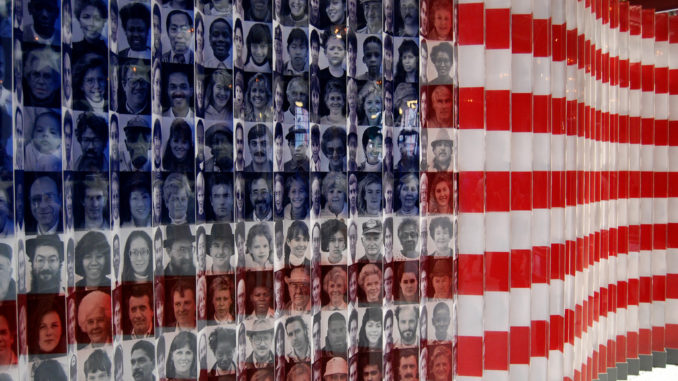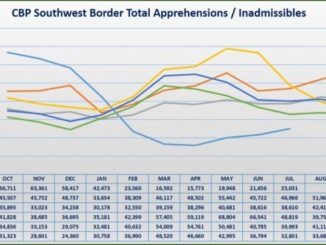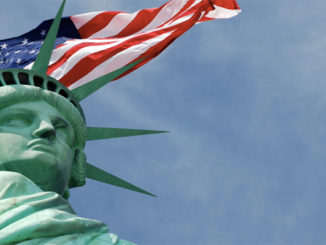
By Tim Kane
Imagine the United States is an island with seven people on it, including you and me. Along comes a sailboat with an immigrant who joins the economy and, according to a popular myth, steals a job from one of us.
The notion that the 13 percent of the U.S. population who were born on foreign soil – the majority of them migrating here legally – hurt the rest of us is, indeed, popular. But it’s wrong.
The belief that immigrants steal jobs is rooted in the same fallacies that support mandatory retirement ages, limit work hours and justify trade barriers. The fallacy is this: There is only so much work to go around – a finite amount of demand for labor and the goods it produces.
Free exchange between two people is mutually beneficial, which is intuitive. Arguments that foreign-made Toyotas are harmful to the United States because they are bought instead of American-made Chryslers is also intuitive, but it is trumped by the preferences and savings of millions of American consumers. Trade is a positive sum game. The same is true with labor.
The U.S. population grew from 227 million in 1980 to 319 million today, but the economy grew even more. GDP per capita has risen each decade and remains the highest in the world. Some people believe that median incomes have stagnated because of immigration, but there are factual problems with that idea.
If immigrants were undercutting American workers, then the data would show that immigrants receive lower wages. Anecdotes aside, that’s not happening. Research by Neil Ruiz and Jonathan Rockwell at the Brookings Institution mirrored a 2011 paper by Magnus Lostrom and Joseph Hayes of the Public Policy Institute of California, which found high-skill immigrants earning higher, not lower, pay than native-born workers, even within industries and specific occupations. This is the antithesis of displacement.
Even if American workers needed protection from “foreign labor,” blocking migration won’t help. Trade has become globalized over the past century, so American workers are in competition with foreigners whether the latter are inside or outside the border. Realize that the United States had a head start on this process. Americans have pioneered cross-border free markets ever since 1789, when the Constitution forbade trade and migration barriers between the founding states.
To be sure, the way President Obama has handled immigration reform is divisive, but efforts to fix our system shouldn’t be sidetracked.
In the final analysis, immigrants enhance the economic dynamism of the United States, creating more jobs than they take, certainly more than if they stayed abroad. Our island benefits from the bulk of their incomes circulating back into demand at our restaurants, renting our apartments, shopping at our stores.
Tim Kane is a research fellow at the Hoover Institution at Stanford University. His most recent book is “Balance: The Economics of Great Powers from Ancient Rome to Modern America” (Simon and Schuster), co-authored with Glenn Hubbard.



